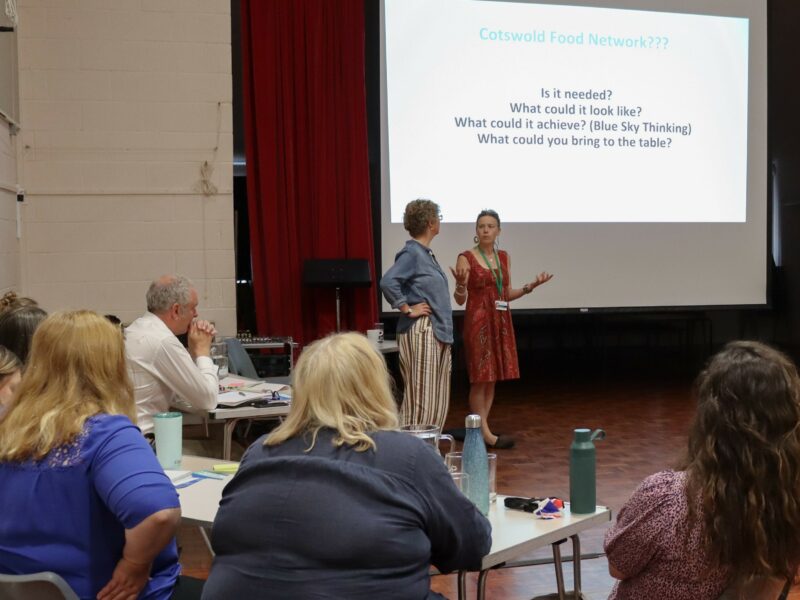Cotswold District

Hidden Hardship: Everyday Experiences, Coping Strategies, and Barriers to Wellbeing in Rural Britain
What did the research find?
The research found that hardship can be defined as struggle and tough times, reflecting daily struggle more than one-off ‘emergency’ situations. Rural hardship is not the same as urban hardship. The causes of rural hardship can be summarised as ‘lacks of’ including government support and investment, employment, transport – the jigsaw illustration further illustrates this.
In people’s coping strategies, huge importance was given to informal support networks with friends and families, in addition to support offered by local groups although these could be difficult to access with limited transport options and a fear of stigma.
Barriers to improved wellbeing were to some degree perceived as outside of people’s control, which makes it difficult for people to envisage hardship improving. These included the ‘lacks of’ such as problems with transport, lack of government support and investment, and stigma/shame linked to inequality.
Hidden Hardship research recommendations:
The research’s Report for Policymakers and Community Leaders concludes with five recommendations which are summarised here: (see the full report for more details)
1. There need to be more tailored national government and national voluntary sector responses to rural hardship.
2. More government and voluntary sector support is needed for individuals experiencing daily rural hardship including within the welfare state to address the high cost of rural living.
3. Rural residents need support accessing transport to get to medical appointments at GP surgeries and hospitals with local GP practices/branches re-opening and/or staying open.
4. Local organisations and leaders (including Church leaders) should raise awareness in the general population in rural areas such as the North Cotswolds that people are experiencing hardship, and sensitively give a voice to people experiencing hardship to share their experiences.
5. The ‘lacks of’ that cause and affect rural hardship need to be addressed in local and national government planning, notably public transport/infrastructure, affordable housing, and amenities.
Want to know more?
• Visit the project website for more information including the full Report for Policymakers and Community Leaders and accompanying 2 page briefing
• Email the project lead Dr Stephanie Denning




